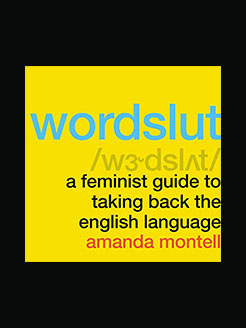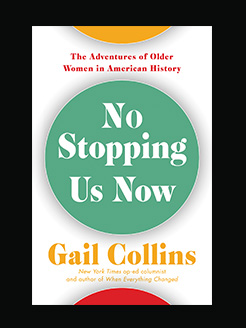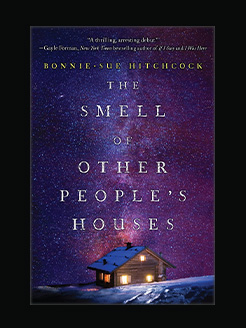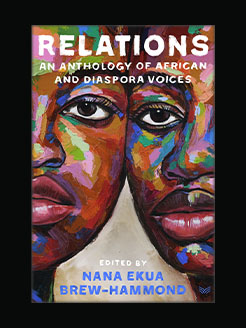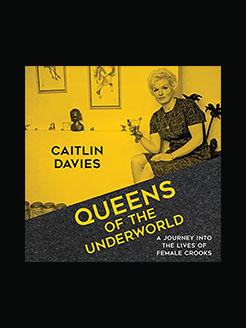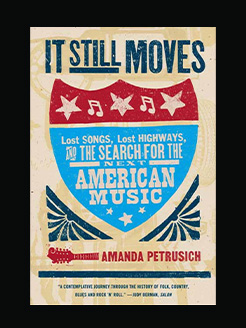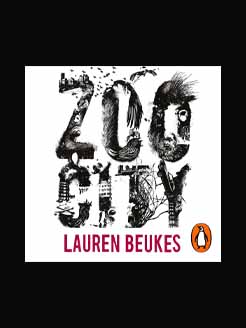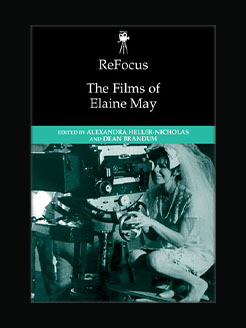Published in 2016 (first published 1966)
127 pages
Anne Sexton (1928–1974) was a Pulitzer Prize–winning American poet born in Newton, Massachusetts. She attended Garland Junior College for one year and briefly worked as a model. She married Alfred Muller Sexton II at age nineteen, and in 1953 gave birth to a daughter. Shortly after, she was diagnosed with postpartum depression. When Sexton attempted suicide after the birth of her second daughter, her doctor encouraged her to pursue her interest in writing poetry, and in the fall of 1957, she enrolled in a poetry workshop at the Boston Center for Adult Education.
Like Robert Lowell, Sylvia Plath, W. D. Snodgrass (who exerted a great influence on her work), and other Confessional poets, Sexton offers the reader an intimate view of the emotional anguish that characterized her life. The experience of being a woman was a central issue in her poetry, and though she endured criticism for bringing subjects such as menstruation, abortion, and drug addiction into her work, her skill as a poet transcended the controversy over her subject matter. Sexton’s poetry collections include To Bedlam and Part Way Back, All My Pretty Ones, Transformations, and Live or Die, which won the Pulitzer Prize for poetry in 1967. In 1974 at the age of forty-six, Sexton lost her battle with mental illness and committed suicide.
What is this book about?
Winner of the Pulitzer Prize: A gripping poetry collection mapping the thorny journey from madness to hope
With her emotionally raw and deeply resonant third collection, Live or Die, Anne Sexton confirmed her place among the most celebrated poets of the twentieth century. Sexton described the volume, which depicts a fictionalized version of her struggle with mental illness, as “a fever chart for a bad case of melancholy.” From the halls of a psychiatric hospital—“the scene of the disordered scenes” in “Flee on Your Donkey”—to a child’s playroom—“a graveyard full of dolls” in “Those Times . . .”—these gripping poems offer profound insight on the agony of depression and the staggering acts of courage and faith required to emerge from its depths.
Along with other confessional poets like Sylvia Plath and Robert Lowell, Sexton was known for grappling with intimate subjects traditionally considered taboo for poetry such as motherhood, menstruation, and drug dependence. Live or Die features these topics in candid and unflinching detail, as Sexton represents the full experience of being alive—and a woman—as few poets have before. Through bold images and startlingly precise language, Sexton explores the broad spectrum of human emotion ranging from desperate despair to unfettered hope.
